Optimal Rain Gutter Flush Timing
Rain gutter flushings are essential for maintaining proper drainage and preventing water damage. Timing these flushings correctly can optimize gutter performance and reduce the risk of clogs and overflow. Understanding seasonal patterns and weather conditions helps determine the most effective periods for gutter maintenance.
Perform gutter flushings in spring to clear accumulated debris from winter and prepare for increased rainfall.
Flush gutters before the fall leaves start to drop, ensuring free flow during the leaf season.
After heavy storms, gutter flushings can prevent blockages caused by debris and ensure proper drainage.
Scheduling gutter flushings twice a year, typically in spring and fall, helps maintain optimal performance year-round.
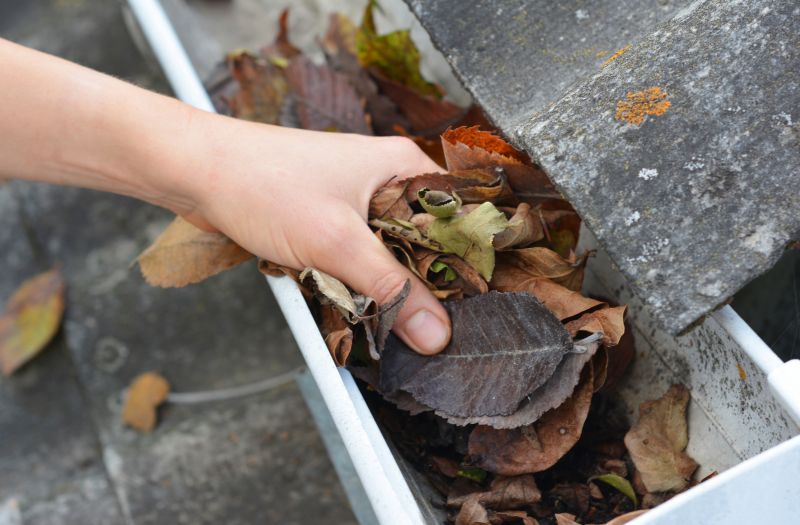
Removing debris accumulated over winter ensures gutters are clear for upcoming rains.

Preparing gutters before leaf drop minimizes blockages and overflow risks.
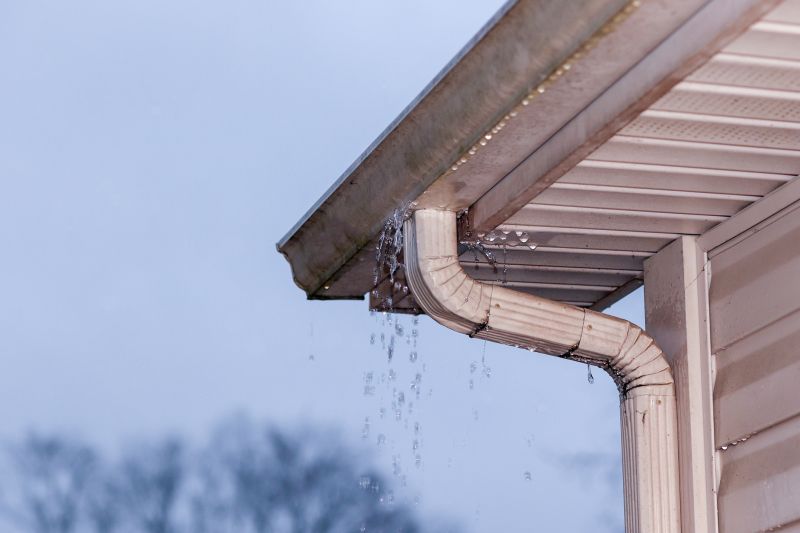
Assessing gutters after storms helps identify and address potential issues early.
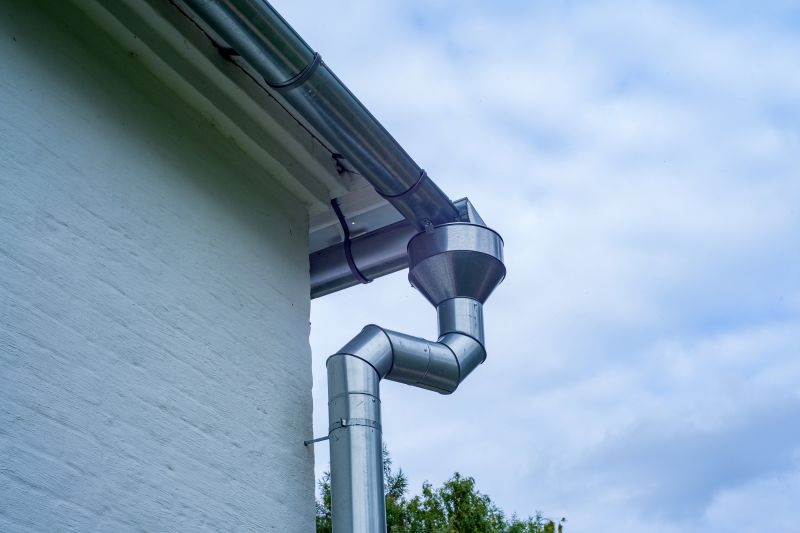
Ways to make Rain Gutter Flushings work in tight or awkward layouts.
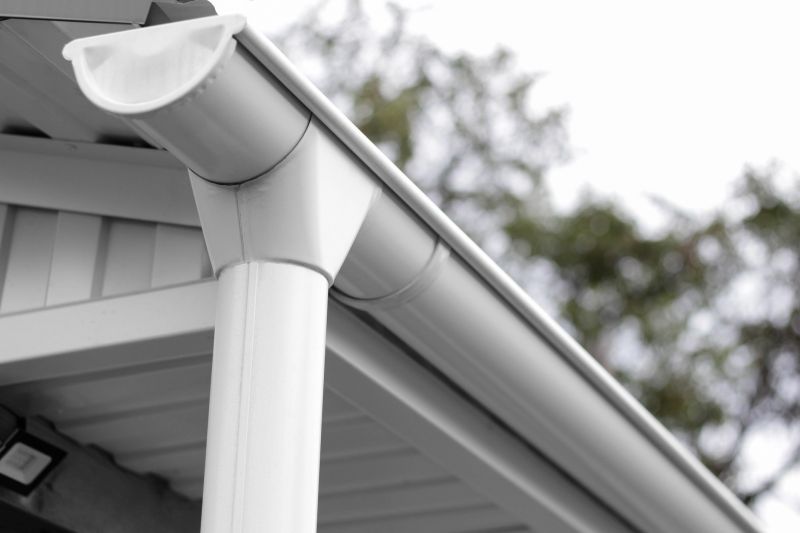
Popular materials for Rain Gutter Flushings and why they hold up over time.
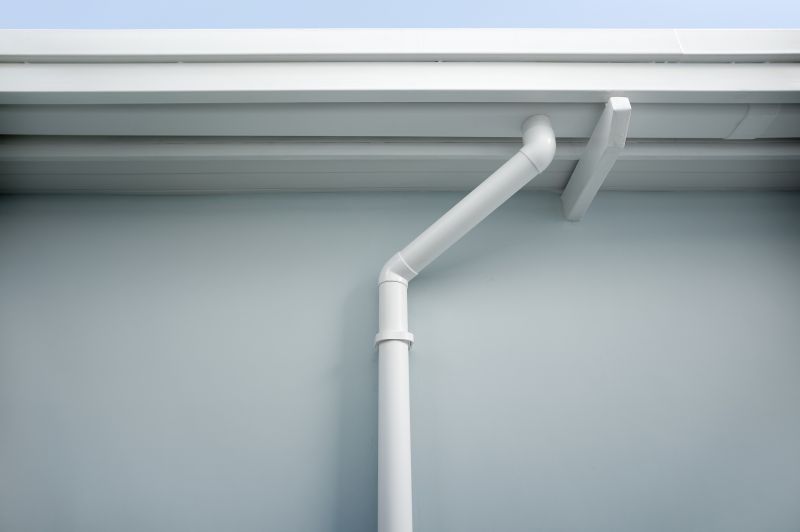
Simple add-ons that improve Rain Gutter Flushings without blowing the budget.
Rain gutter flushings involve the removal of leaves, dirt, and debris that can obstruct water flow. Proper maintenance ensures gutters function effectively, preventing water from spilling over and causing damage to the building's foundation, walls, and landscaping. Regular flushing also extends the lifespan of gutter systems by reducing corrosion and material deterioration.
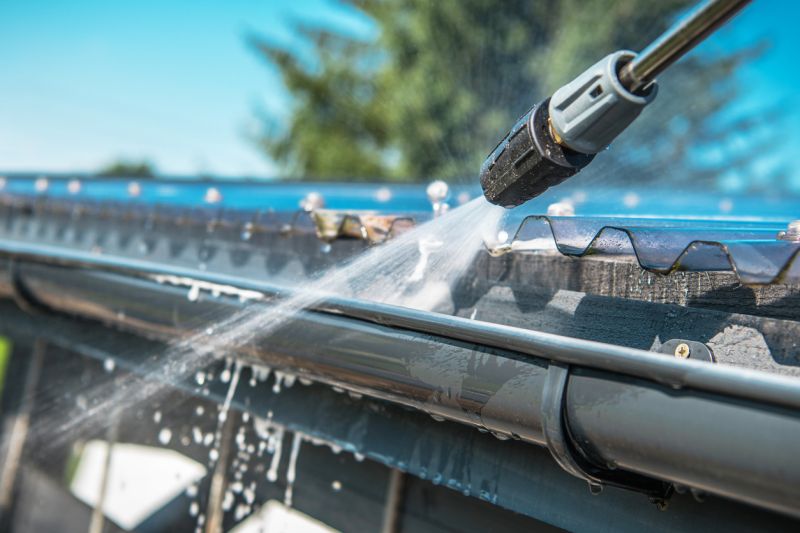
Tools used for effective gutter cleaning and flushing.
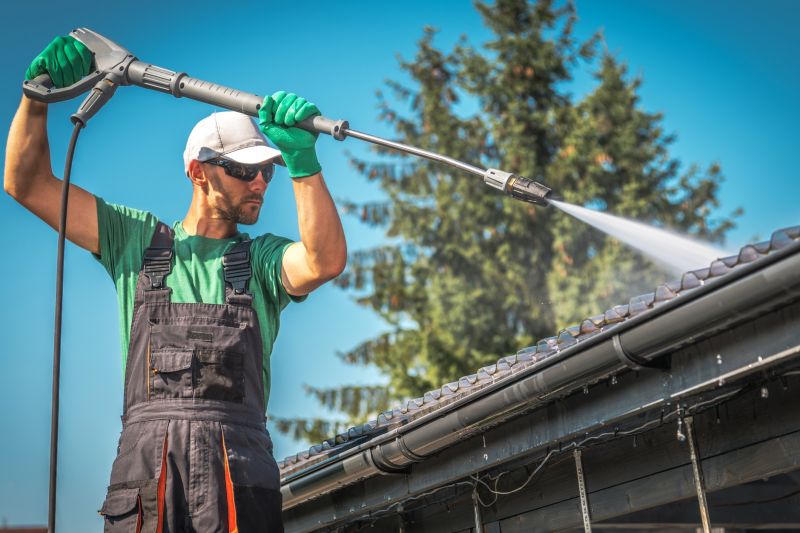
Techniques to keep gutters clear and functional.
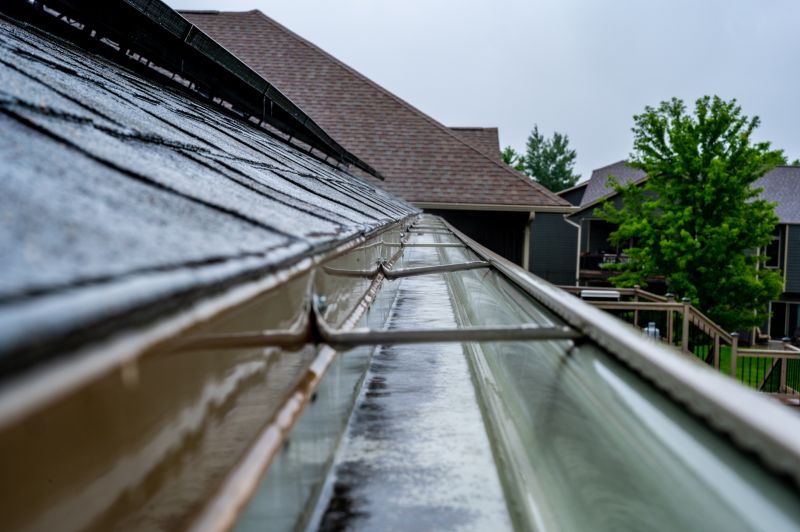
Visual of proper water drainage after flushing.
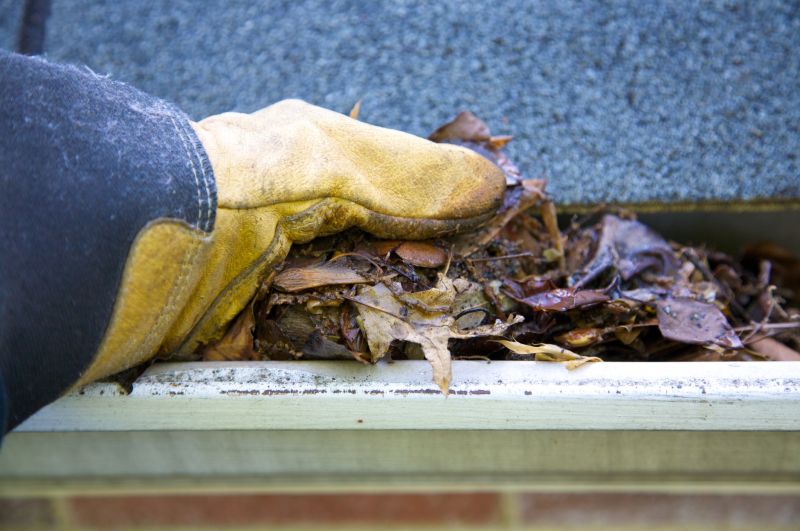
Steps involved in clearing gutter debris.
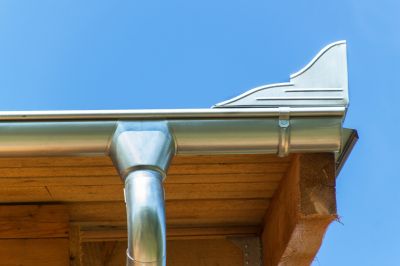
High-end options that actually feel worth it for Rain Gutter Flushings.
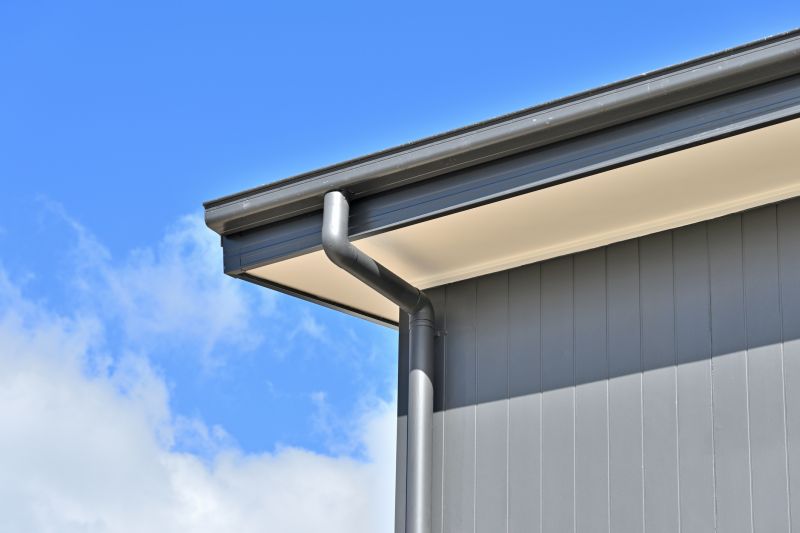
Finishes and colors that play nicely with Rain Gutter Flushings.
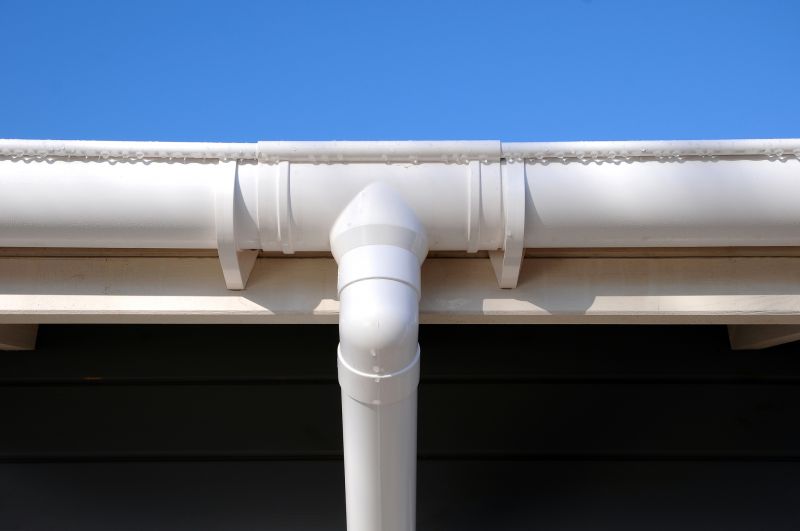
Little measurements that prevent headaches on Rain Gutter Flushings day.
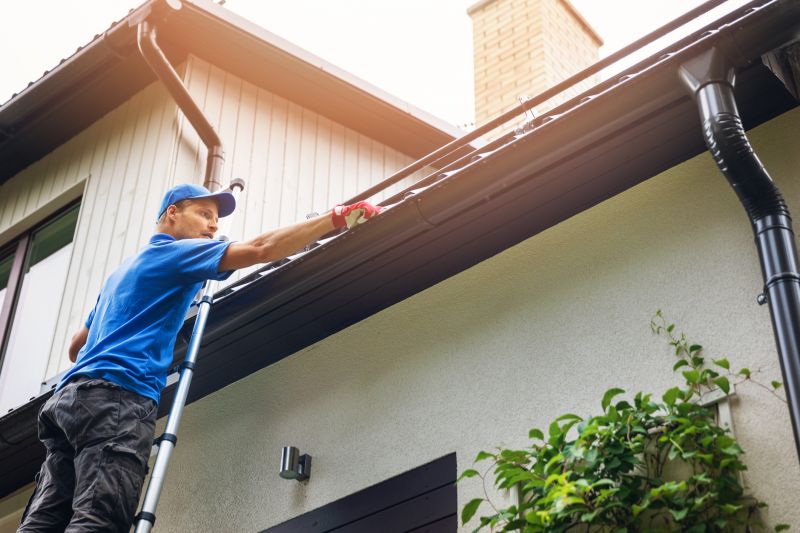
A 60-second routine that keeps Rain Gutter Flushings looking new.
| Season | Recommended Timing |
|---|---|
| Spring | Early spring, before heavy rains |
| Summer | Mid to late summer, if necessary |
| Fall | Late summer or early fall, before leaf fall |
| Post-Storm | Immediately after heavy storms |
| Regional Variations | Adjust based on local climate patterns |
Choosing the right time for rain gutter flushings maximizes their effectiveness and minimizes potential water damage. Regular inspections and maintenance schedules aligned with seasonal weather patterns help ensure gutters remain clear and functional throughout the year. Proper timing can also reduce the need for costly repairs caused by water intrusion or structural damage.
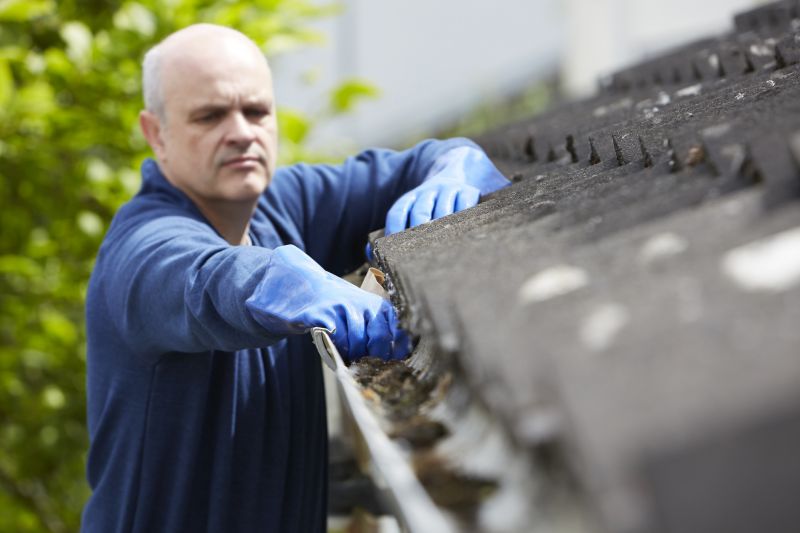
Various tools used for efficient gutter flushings.
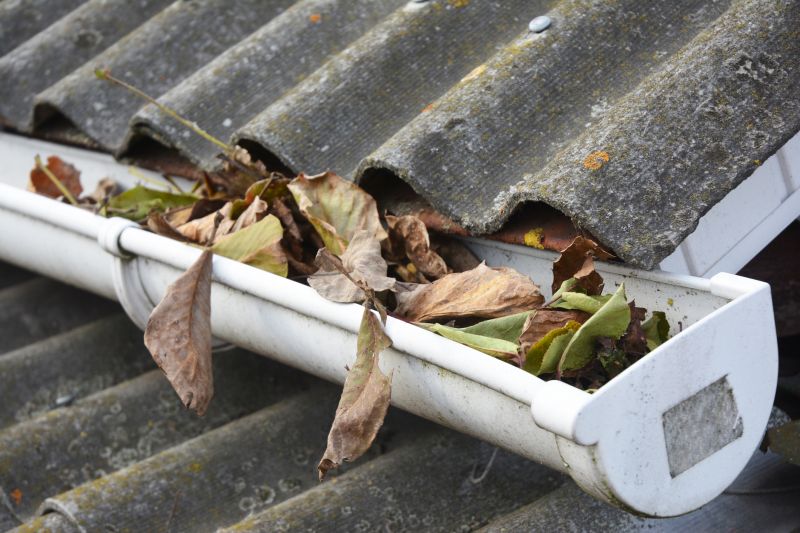
Indicators that gutter flushings are needed.
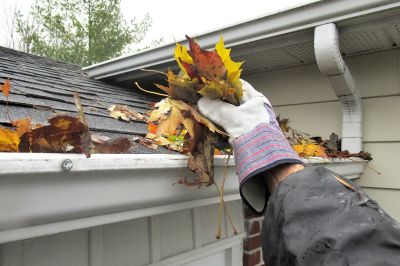
Ensuring water flows freely through gutters.
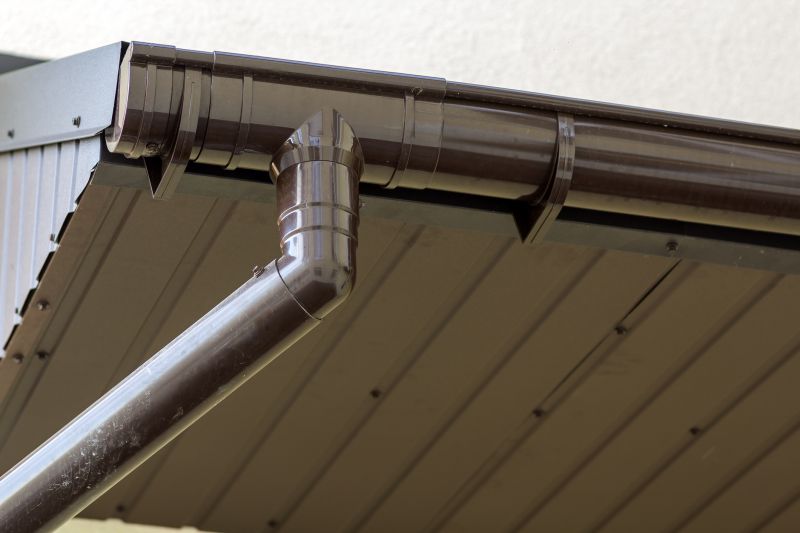
Steps for assessing gutter condition after flushings.
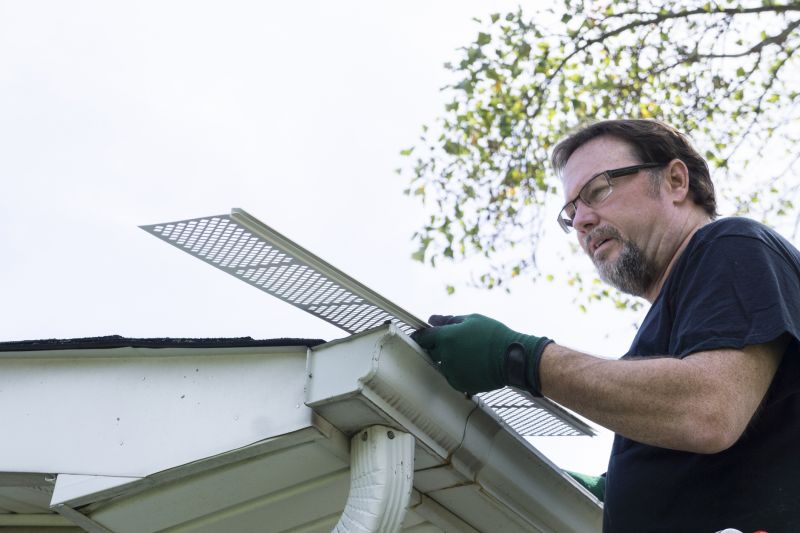
A frequent mistake in Rain Gutter Flushings and how to dodge it.

Small tweaks to make Rain Gutter Flushings safer and easier to use.
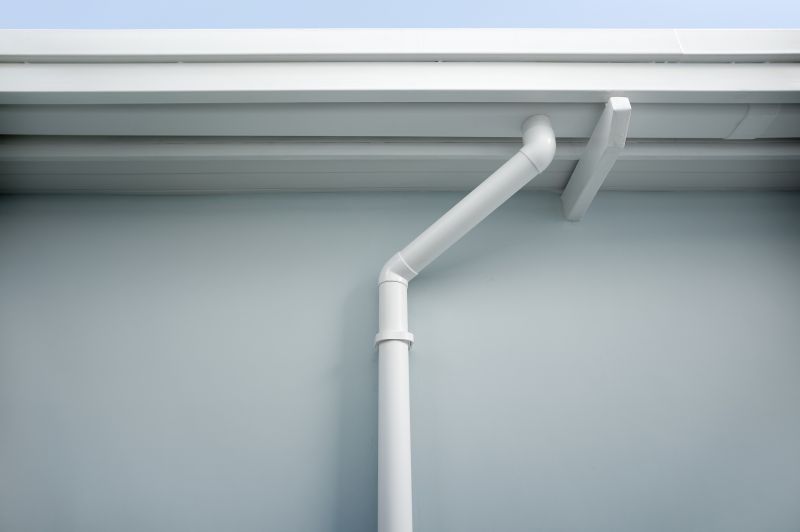
Lower-waste or water-saving choices for Rain Gutter Flushings.
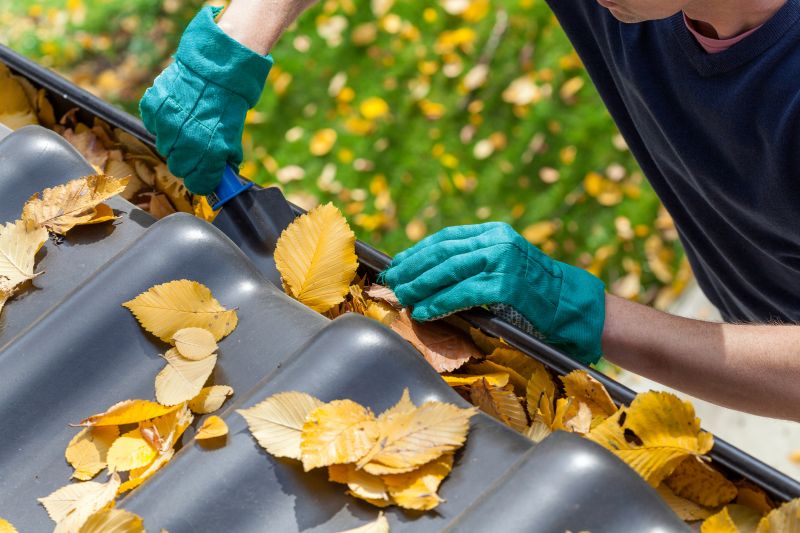
The short, realistic tool list for quality Rain Gutter Flushings.
Interested in scheduling rain gutter flushings? Filling out the contact form provides an opportunity to arrange maintenance at optimal times, tailored to specific weather patterns and property needs. Proper gutter care helps prevent water damage, protects building integrity, and maintains landscape aesthetics.
